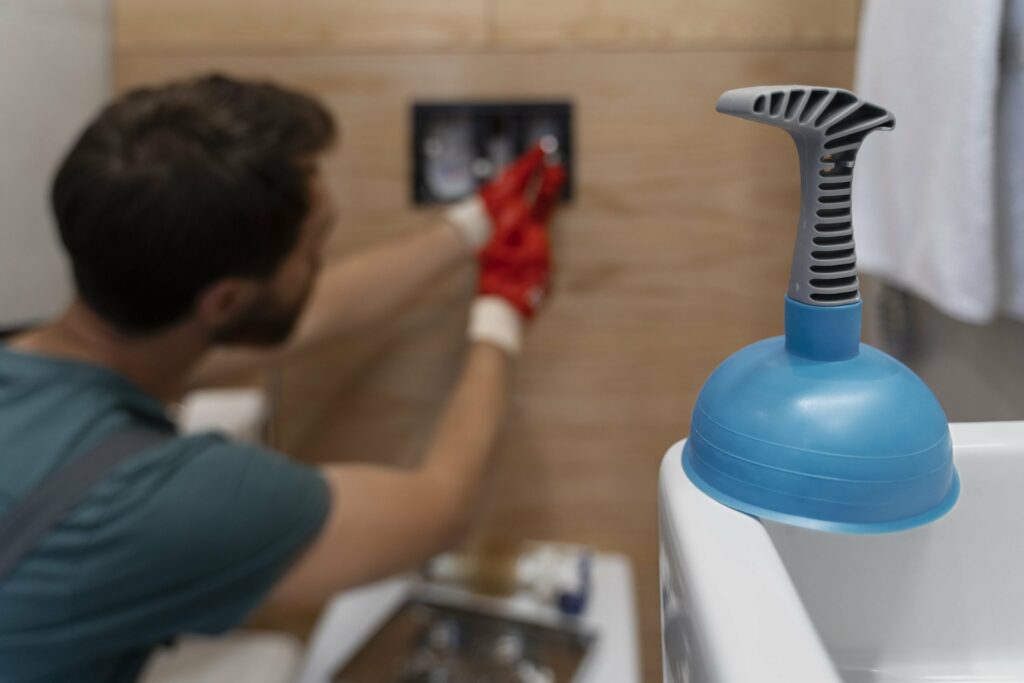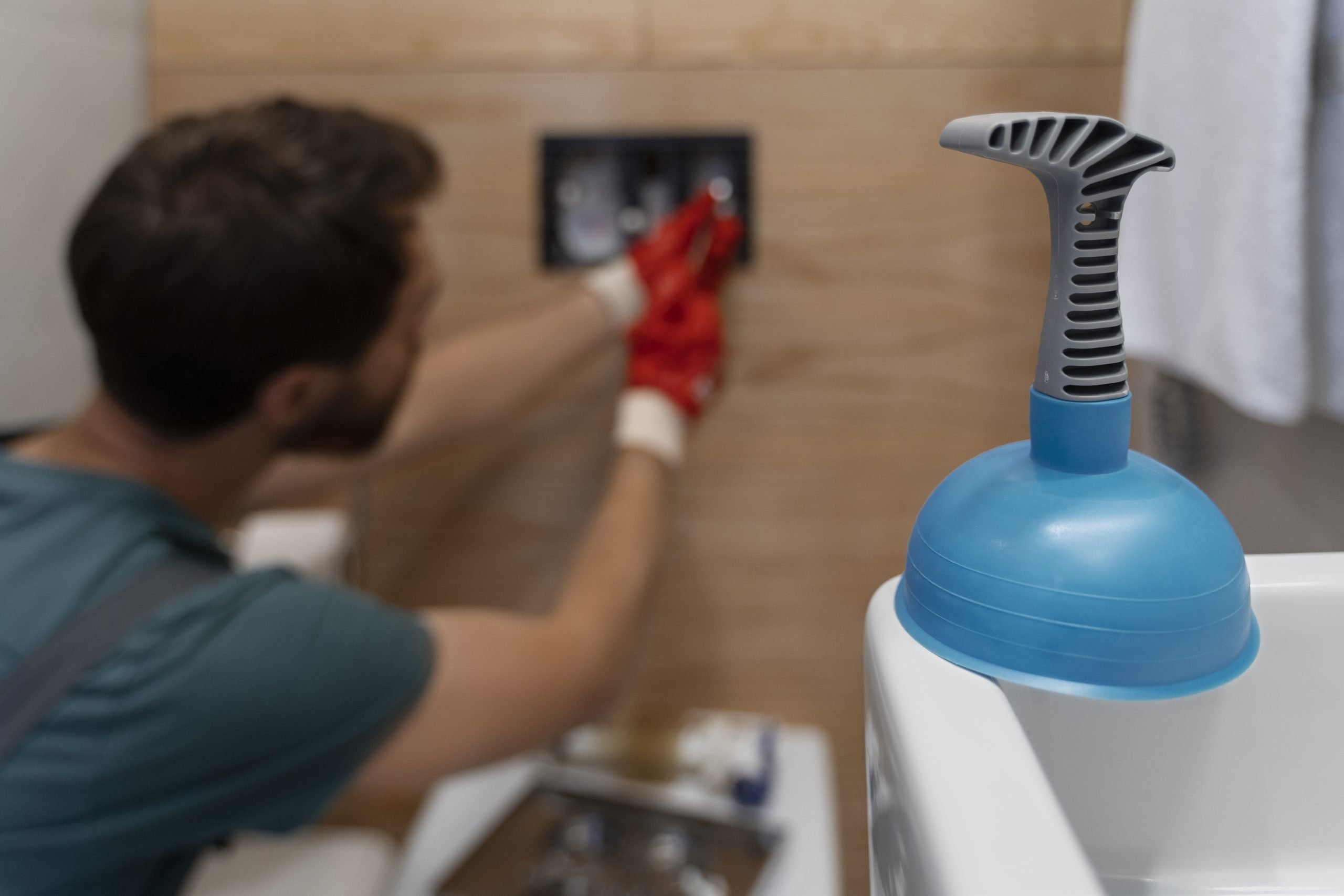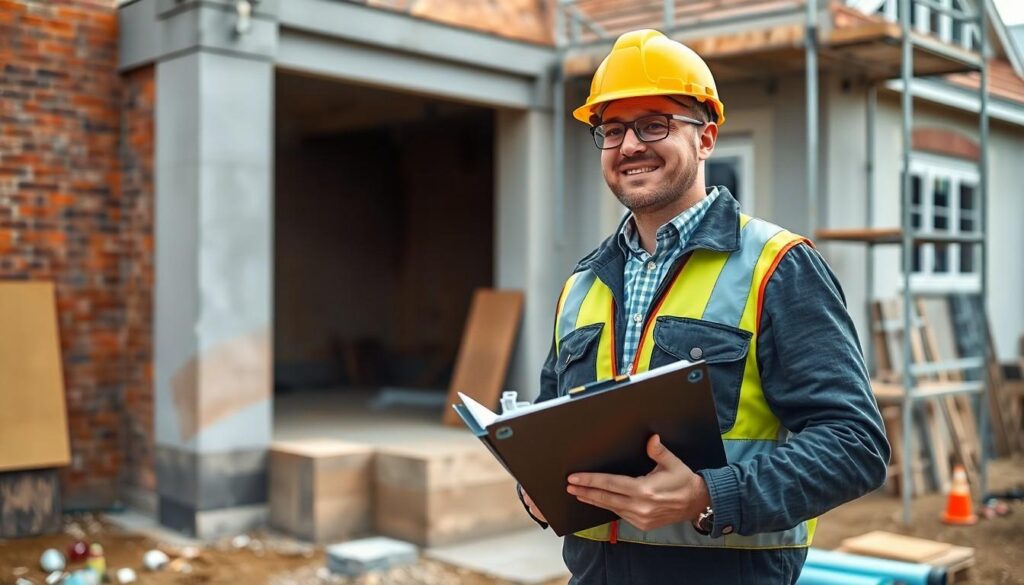Detecting and Addressing Fresh Water Line Leaks: How to Protect Your Home and Health

This post was originally published on this site

Fresh water line leaks may seem minor, but they can have serious consequences for your home and health if not addressed promptly. From increasing your water bills to causing water damage and mold growth, leaks can be costly and harmful. Fortunately, by understanding the common causes and knowing how to detect these leaks, you can protect your home and ensure a safe water supply. Here’s what every homeowner should know about detecting and fixing fresh water line leaks.
1. Common Causes of Fresh Water Line Leaks
Water lines can develop leaks for various reasons, some of which may be beyond your control. However, understanding these causes can help you take preventive steps and be more vigilant in monitoring your home’s plumbing system.
Leading Causes of Water Line Leaks
- Corrosion: Over time, water pipes can corrode, especially if they’re made of materials like copper or galvanized steel. As pipes rust and corrode, they weaken and eventually develop leaks.
- High Water Pressure: Excessively high water pressure can place a strain on pipes, increasing the likelihood of cracks and leaks. Pressure that exceeds the recommended levels for residential plumbing may cause pipe joints to fail.
- Temperature Fluctuations: Rapid changes in temperature, especially during winter, can cause water pipes to expand and contract. This expansion and contraction put stress on the pipes, which may lead to cracking and leaks.
- Shifting Soil: Soil movement due to construction, natural settling, or even earthquakes can place pressure on underground pipes, causing them to break or leak.
Understanding the causes behind leaks helps you identify and address potential issues before they become major problems.
2. Recognizing the Signs of a Water Line Leak
Catching a leak early can save you from costly repairs and prevent water damage. Fresh water line leaks often show subtle signs that can go unnoticed, so knowing what to look for can help you take quick action.
Key Indicators of a Water Line Leak
- Unexpectedly High Water Bills: A sudden spike in your water bill without an increase in usage may suggest an undetected leak. Even a small leak can waste a significant amount of water, leading to higher utility costs.
- Water Stains or Damp Spots: Leaks can cause damp spots on walls, ceilings, or floors. If you notice discolored or moist areas, especially near plumbing fixtures, it’s likely there’s a leak in your water lines.
- Sound of Running Water: If you hear running water even when all faucets and appliances are turned off, it could indicate a leak. This is especially common for leaks located within walls or floors.
- Musty Odors: Mold and mildew thrive in damp environments. A musty smell can be a sign of hidden leaks, as water that accumulates behind walls or beneath floors creates ideal conditions for mold growth.
Addressing these signs as soon as you notice them can prevent further damage to your home and help you catch leaks before they escalate.
3. Health Risks Associated with Water Line Leaks
Beyond the structural damage they can cause, leaks in fresh water lines can lead to health hazards, especially if they result in mold growth. Understanding these health risks highlights the importance of addressing leaks promptly.
Health Hazards of Untreated Water Leaks
- Mold and Mildew: Mold spores thrive in moist environments, and water leaks provide the ideal conditions for mold growth. Exposure to mold can cause respiratory issues, skin irritation, and other health problems, particularly for individuals with allergies or asthma.
- Water Contamination: If a leak in the fresh water line goes untreated, contaminants can enter your water supply. Cracks in pipes can allow dirt, bacteria, and other harmful substances to seep into your drinking water, posing risks to your health.
Addressing water line leaks quickly not only prevents property damage but also safeguards your family’s health by reducing the risk of mold and ensuring a clean water supply.
4. How to Detect Water Line Leaks: DIY Methods
While some leaks require professional equipment to detect, there are simple ways to check for water line leaks on your own. These DIY methods can help you identify potential issues before they worsen.
Easy Ways to Spot a Leak
- Monitor the Water Meter: To test for leaks, turn off all water fixtures in your home and observe your water meter. If the meter continues to move, it’s likely there’s a leak somewhere in your plumbing system.
- Conduct a Dye Test for Toilets: Toilets are a common source of hidden leaks. Place a few drops of food coloring in the toilet tank, wait about 15 minutes, and then check the toilet bowl. If color appears in the bowl, it indicates a leak in the toilet’s flapper or other internal parts.
- Inspect Exposed Pipes: Take a few minutes to check any visible pipes, such as those under sinks or in basements, for moisture or signs of corrosion. Regular visual inspections can help you catch leaks early on.
These simple detection methods are effective for spotting leaks, especially in accessible areas. For harder-to-find leaks, however, professional services may be needed.
5. When to Call a Professional Plumber
While minor leaks can sometimes be handled with DIY methods, certain situations require the expertise of a licensed plumber. Calling a professional ensures that the leak is addressed thoroughly and that any underlying issues are resolved.
Signs You Need Professional Help
- Persistent Leaks: If you’ve fixed a leak, only to have it return, it’s best to call a plumber. Recurring leaks may indicate a larger problem that requires a professional assessment.
- Leaks Behind Walls or Under Floors: Hidden leaks can cause extensive damage before they’re visible. Professionals have tools like infrared cameras and acoustic equipment for leak detection behind walls and beneath floors, allowing for precise repairs.
- Large or Complex Leaks: Major leaks, particularly those involving main water lines or underground pipes, require specialized equipment and expertise. A professional plumber can handle these complex issues efficiently, reducing the risk of further damage.
Bringing in a professional service like Ares Plumbing for serious leaks ensures that repairs are completed safely and effectively, protecting your home from additional water damage.
6. Preventive Measures to Protect Your Fresh Water Lines
While leaks aren’t always avoidable, there are steps you can take to protect your water lines and minimize the likelihood of leaks. Incorporating these preventive measures into your routine maintenance can help you keep your plumbing system in top shape.
Tips for Preventing Water Line Leaks
- Insulate Pipes: During colder months, insulate exposed pipes to prevent freezing and bursting. Insulation helps keep pipes warm, reducing the risk of cracks and leaks.
- Install a Water Pressure Regulator: If your water pressure is too high, it can strain pipes and lead to leaks. A water pressure regulator keeps your water pressure within a safe range, protecting your plumbing system.
- Schedule Regular Plumbing Inspections: Having a professional plumber inspect your system annually allows you to catch early signs of wear, corrosion, or other issues. Regular inspections help you address small problems before they escalate into leaks.
Preventive maintenance is a proactive way to avoid leaks and extend the lifespan of your water lines, helping you save time and money in the long run.
7. The Costs of Ignoring Water Line Leaks
The expense of repairing water damage from untreated leaks can be far higher than the cost of preventive maintenance. Ignoring leaks can lead to extensive repairs, not only for the plumbing system but also for walls, flooring, and other structural elements of your home.
Potential Consequences of Untreated Leaks
- Structural Damage: Water leaks can weaken your home’s foundation and damage support beams. As moisture seeps into walls and floors, it can cause warping, cracking, and rot, compromising the structural integrity of your property.
- Higher Water Bills: Even a small leak can waste gallons of water over time, leading to increased utility bills. Addressing leaks promptly can help you avoid unnecessary expenses and reduce your water usage.
By staying vigilant and addressing leaks as soon as they’re detected, you protect both your home’s structure and your wallet.
Conclusion: Keep Your Water Lines Leak-Free for a Healthy Home
Fresh water line leaks can cause significant damage to your home and pose health risks if left untreated. By recognizing the signs of a leak and knowing when to call a professional, you can safeguard your property and ensure a reliable water supply. Practicing preventive maintenance and scheduling regular inspections with trusted services like Ares Plumbing can help you avoid costly repairs and enjoy peace of mind. Take control of your home’s plumbing health and protect your investment with proactive leak detection and maintenance.




Responses